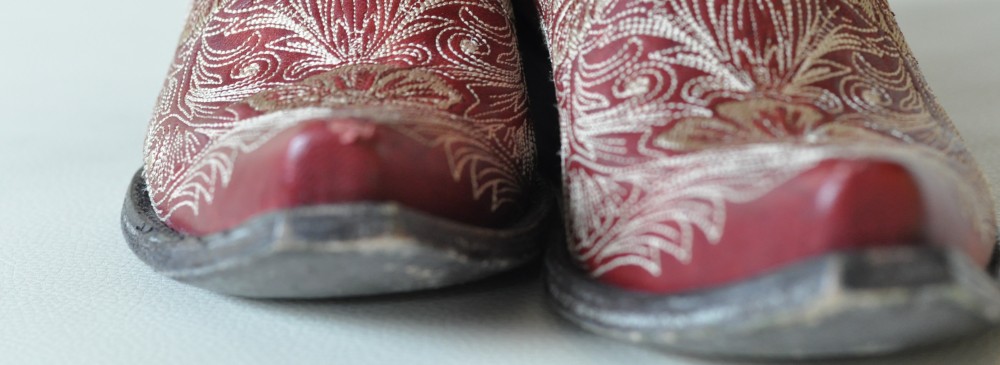The street was cobbled. Perhaps it was raining. It’s not always wet, but it is usually cold in London in early January. It was barely afternoon and it might have been dark already. I’m sure I didn’t mind the cold pinching my skin that was more used to the hot African sun at that time of year than the chilliness that stroked my bare neck with its icy fingers. South Africans in London are not always prepared for true degrees of freezing.
I didn’t mind. It wasn’t the cold that had my attention right then.
It was at least 20 years ago. The highlights of those weeks backpacking through Europe and London have faded. What I remember with vivid clarity are the details: the snow I saw for the first time in Lucerne, the brave Italian bikers who didn’t care about the side mirrors they snapped off the cars as they whizzed down narrow Roman alleys, and the pillow cases at the inn under the train tracks in Avignon that smelled strongly of vinegar. I knew they were clean.
London was our last stop. My backpack felt heavy after lugging it for weeks on my back, and the cobbled streets were dangerously slick in the rain.
I stepped into the bookstore to move away from the wintry, poking fingers of imminent nightfall and found myself in a world of wonder.
This bookstore was no different to any other I’d ever been in: shelves and stacks and displays of novels and recipe books and travel guides, biographies and plays and the latest bestsellers. An entire carousel of Mr Men. It was all there as expected.
What was unexpected was my reaction. As if I had never been in a bookstore before, the frenzied desire to own them all wrapped itself around my heart like the scarf I had forgotten to bring: Dickens and Austen and George Eliot and every Brontë I could find, including Anne. Poems by Milton and Yeats and Seamus Heaney and a big fat anthology of the works of John Keats. Plays by Moliere and Strindberg and I’m sure a Shakespeare or two.
Somewhere between Robinson Crusoe and Lady Chatterley’s Lover I misplaced my jacket and all my wits. How I would transport my newly acquired, gargantuan stash of classics from London to Johannesburg in a backpack that was already weighing me down was of no consequence. Or even of consideration.
Today, my greatest challenge in that situation would be finding a wifi connection to download all those masterpieces of literature. I would log on to Amazon, maybe read a sample but probably not, click Buy and be done. I could do it while standing on the cobbled street in the cold twilight, possibly using the bookstore’s wifi. Swipe. Click. Adjust the collar of my jacket against the chill.
The books are heavy, weighted with the words, the truths of their authors. Journals of imagination and dreams, pages of exploration and fantasy. Their colorful covers, bright canvases of promise and adventure, guard the path along which we can’t wait to wander or race, meander or gallop.
I love my Kindle, I do. It’s light and nimble, easy to carry, and would occupy little more space than a pair of socks in a heavy backpack. It is a portal to a world of words and anticipation, a world that is truly at my fingertips. And that is nothing less than astounding.
But its shelves are flat and gray. There are no wrinkled spines standing upright or leaning a little to the right, urgently but quietly beckoning to the eager reader. There is no inscription waiting for me on the title page, the date of my sixth birthday underlined in blue pen at the top:
To our own darling Nicky,
Wishing you many happy returns of the day.
All our love and kisses
from your loving
Gran & Sonny
There is no favorite bookstore with every book I’ve been wanting to read beautifully displayed, and no bookstore owner to chat with or to tell me about a little-known gem. She has known all my children since they were born and every recommendation is a winner.
My backpack was heavier than I could have ever imagined, carrying those books home. I even bought a large duffel bag for the overflow. But the sight of them, 20 years later, in my bookshelf and the feel of them in my two hands is worth every last, heavy step.
This is a Finish the Sentence Friday post, inspired by the prompt, “Something I used to love but now hate is…” or “Something I used to hate but now love is…” Hosted by Kristi from Finding Ninee, Allison (this week’s sentence thinker-upper) from The Latchkey Mom, and Kelly from Just TypiKel. Words matter.








